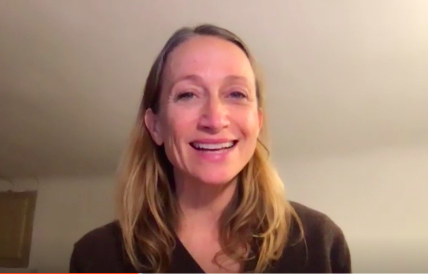
Global Game Changers: Celine Cousteau
Our world is a remarkable place with incredible people who have within, the power to make or break our progress as a planet. “Global Game Changers” introduces spectacular humans, along with ways to become inspired by the work they are performing. It was Celine Cousteau’s grandfather, Jacques Cousteau, who said, “We protect what we love.” In order to know what we love, we need exposure to the world. As global citizens, we seek out knowledge and information about the world, even when it’s sad, hard to imagine, or when it feels hopeless to change. Being a part of the solution begins with learning all we can, and discovering individuals who are creating the world in which they want us all to be inspired to become actively engaged. The first “Global Game Changer” we are featuring is no other than the one, the only, Celine Cousteau.

As a young girl, Celine was inspired by her grandfather, the famous ocean conversationist Jacques Cousteau, and the behind the scenes dedication of her grandmother, the true captain of the boat. Together, they taught their children and grandchildren that the world is a wondrous place we all must take part in protecting. As Celine shares in her presentations, WE are ALL connected. It may seem like what happens all the way across the world will never reach or impact us, but that couldn’t be further from the truth; follow along to see how.
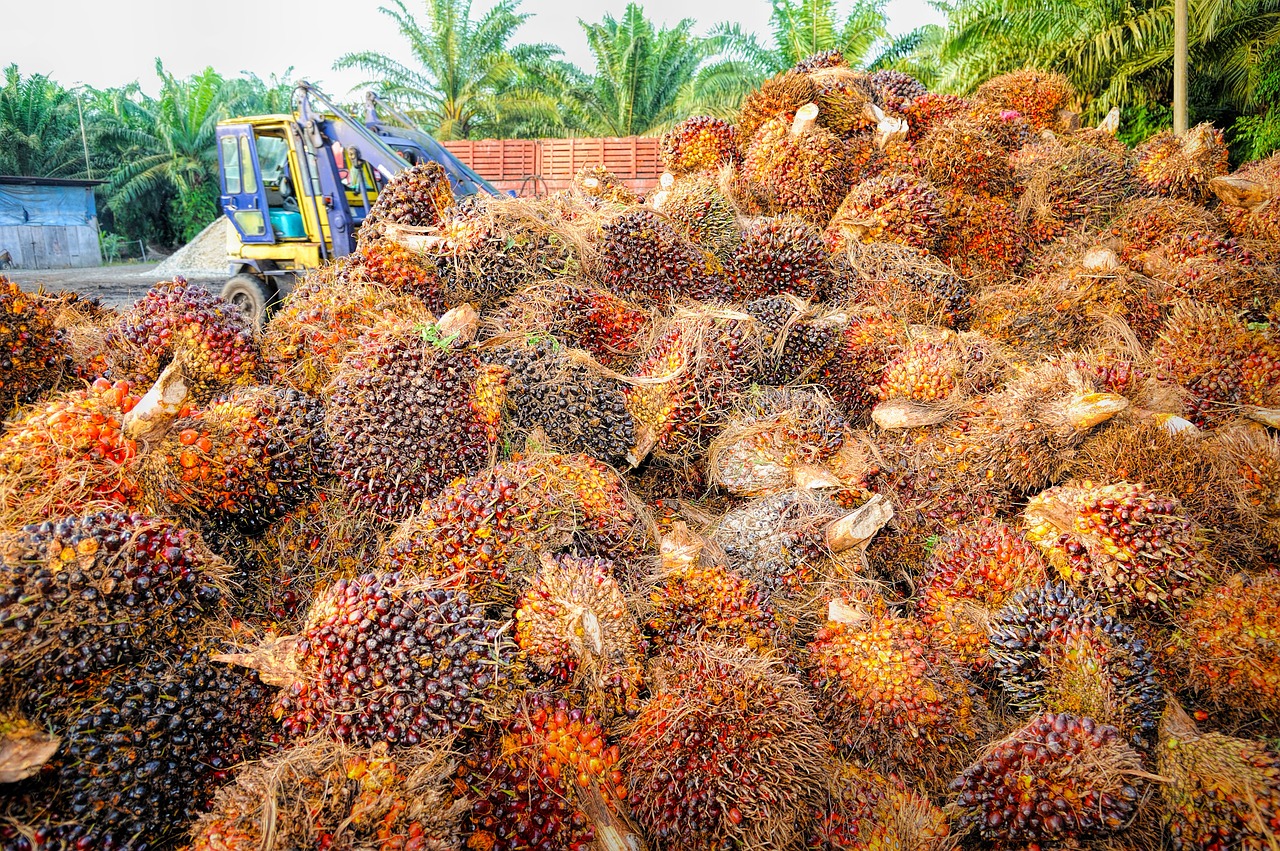
The picture above, courtesy of Pixabay, shows palm oil fruit, in harvesting. This palm fruit will become palm oil, one of the most common vegetable oils used. Almost half of the grocery store products, both food and non-food products, is made of palm oil, according to the German non-profit, Rainforest Rescue, who goes on to share that the world has over 66.7 million acres of palm fruit plantation, producing over 66 million tons of palm oil a year. To learn more about Rainforest Rescue and what they have to teach about palm oil, go here
It might be easy to say to oneself, “We do need farms and farm lands in order to create what goes into the products we use everyday.” But this isn’t just regular farming, for sustainable food that is healthy for people and the planet! Let’s look at it like this. The countries that are mainly using palm oil for products and bio fuel, are not the countries growing palm fruit to produce palm oil. Because consumer countries are demanding the product, producer countries are creating it, in a concept called supply and demand. As a small side note, most of the products that use palm oil are NOT real food directly from the earth, to nourish our bodies, they are “food products” that are used in what we call junk food (or self care products like toothpaste and soap). These products don’t NEED palm oil in order to exist. Hmmmm, that’s an interesting piece of information to chew on…
The main problem is that producer countries with tropical climates are having to turn the the natural environment (rainforests, etc.) into farm land in order to meet the demand from consumer countries. Take a look at this wiki commons graph below. Think in your head of all the beautiful plants, animals, and cultures located in these regions that are being impacted by removing the nutrients from the soil and deforestation (burning down forests and removing animal habitat) in order to create farmlands to produce palm oil for other countries. 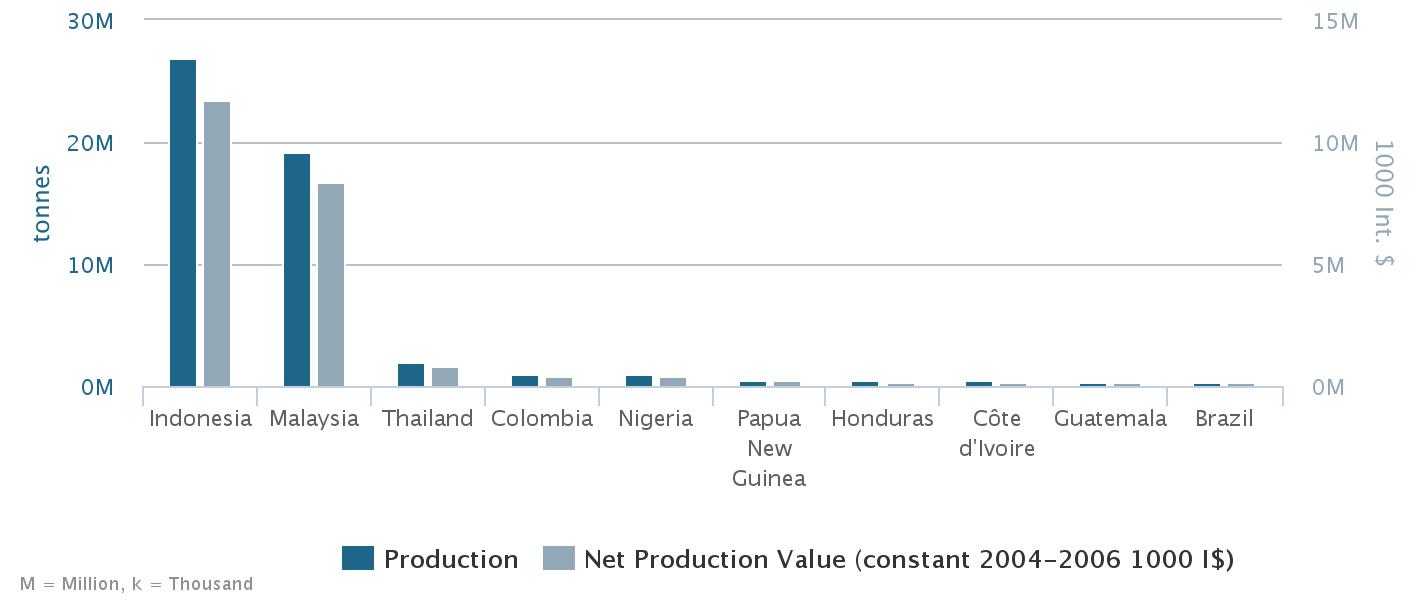
Many of the animals we have come to love are losing habitats in massive amounts because of the demand for palm oil. According to World Wildlife Fund, 85% of the demand for palm oil comes from Indonesia and Malaysia, which is also the only remaining home for the critically endangered Orangutan. To learn more about the animals severely impacted, with more specifics, go here
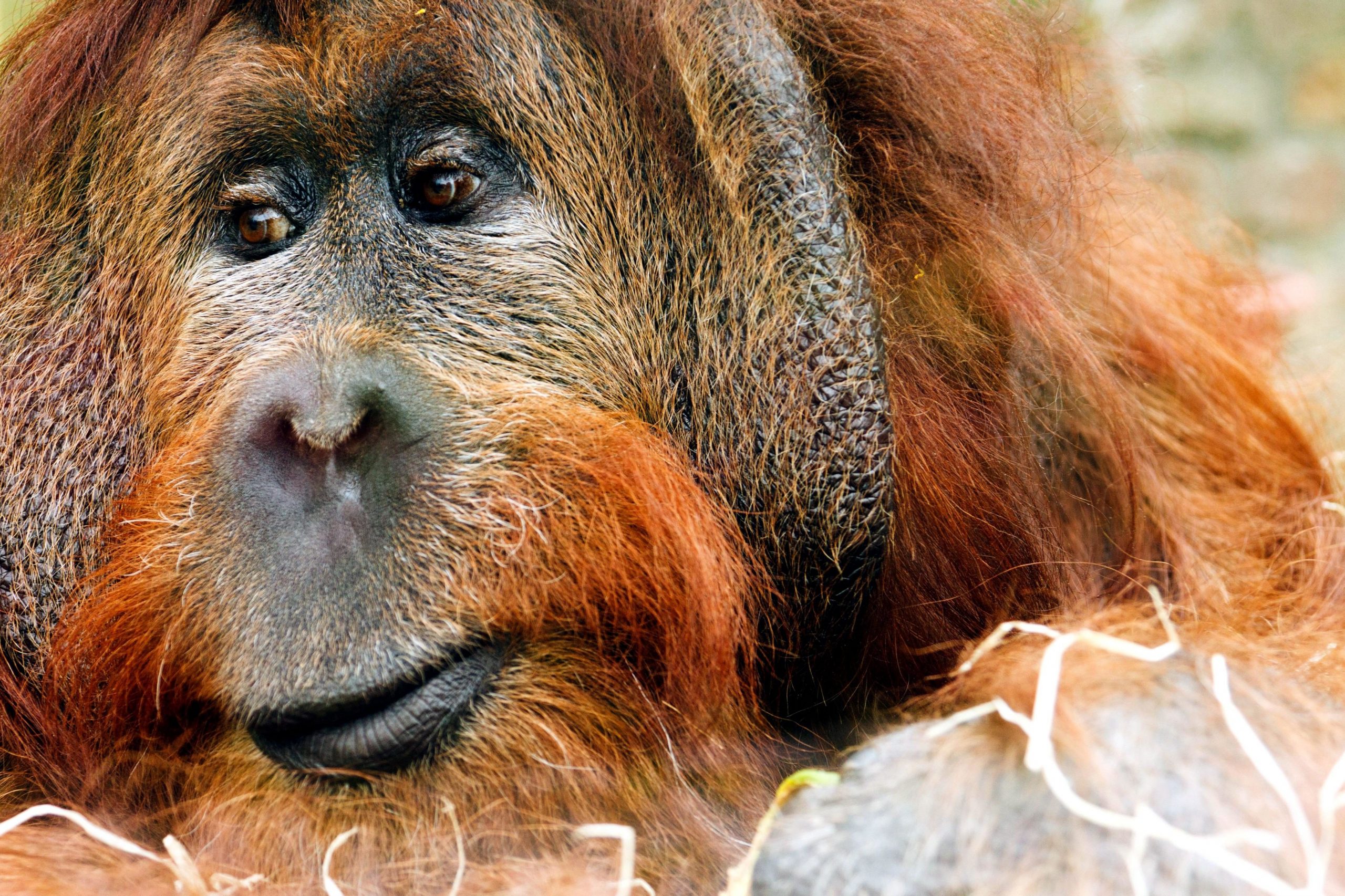
As global citizens, we often talk about protecting nature, but sometimes forget to realize that the people who can best protect the locations are the people who live in the threatened rainforest regions, such as the Amazon. They need the support of other global citizens who care about the world. Sometimes, they just need the tools to know how to make money to survive in sustainable ways, while protecting their environment, and own cultural existence. Mostly, they need the world, and those that care, to learn and know their story.
In comes our featured Global Game Changer, Celine Cousteau. When she was 9, she first began to spend time in the Amazon (Peru) with her family, absorbing the incredibly pristine beauty, seeing the groundbreaking conservation work firsthand, which has become the backbone for her love for protecting people and the planet. She returned to the Amazon in 2006 and 2007 to create the PBS documentary, “Return to the Amazon” (check out the trailer here). Gaining new perspective from that journey, she realized the people of the Javari Indigenous Territories needed her help. From this realization, she began her next chapter of her organization, Cause Centric, with Tribes on the Edge: An Impact Film (and awareness project). Surely, if the people of the world know the truth of what these Brazilian Amazonian tribes are facing, that awareness will create action. To learn more about Tribes on the Edge, go here.
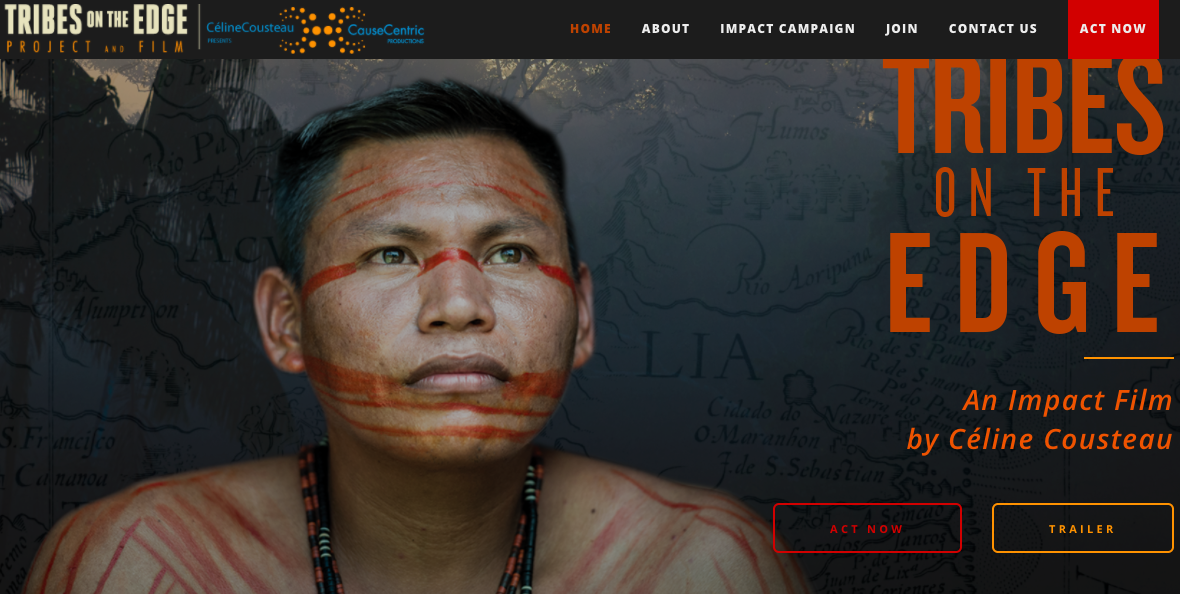
Another major element in being global citizens is to teach each other what we know about the world, from firsthand experiences and with experts. Celine Cousteau is also a teacher, reaching out to young people all over the world, to invite them into understanding and consideration for helping our planet sustainably thrive. In December 2020, Celine Cousteau connected with Library LIVE Virtual Field Trips, through Global Education Alaska, to teach us about how to understand the complex issues facing our world, as well as to provide inspiration for us to learn more and take action where possible. To watch this amazing session, and learn from the expert, go HERE
Thank you, Celine, for being a global citizen, and encouraging us all–through laughter, anecdotes, and storytelling– to be aware, considerate, and thoughtful with our actions, no matter where in the world we are located; we are all connected.
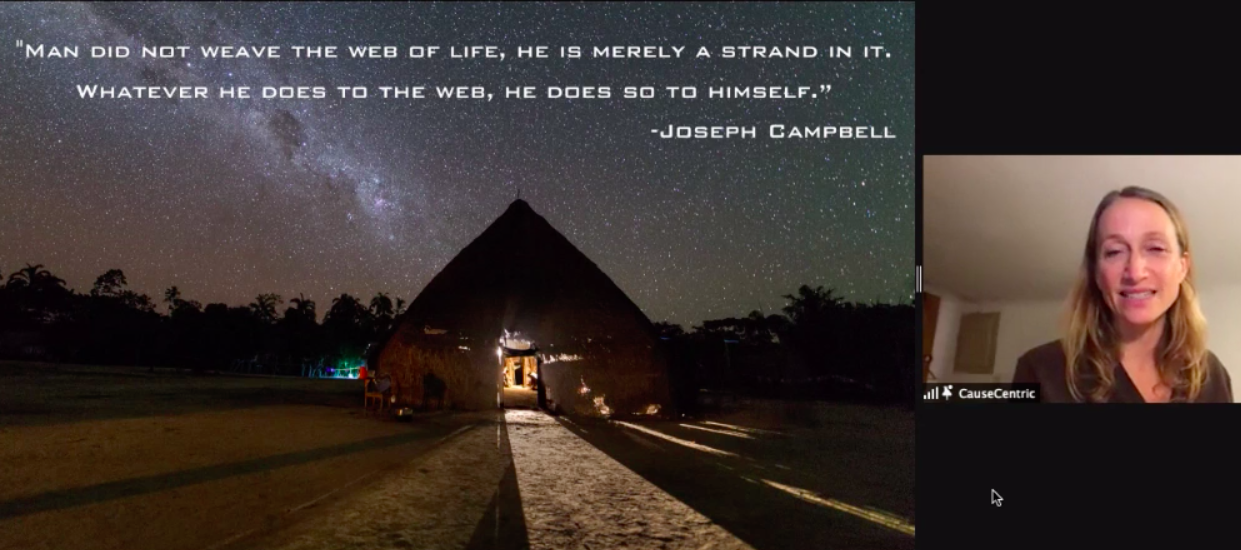
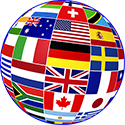
Recent Comments